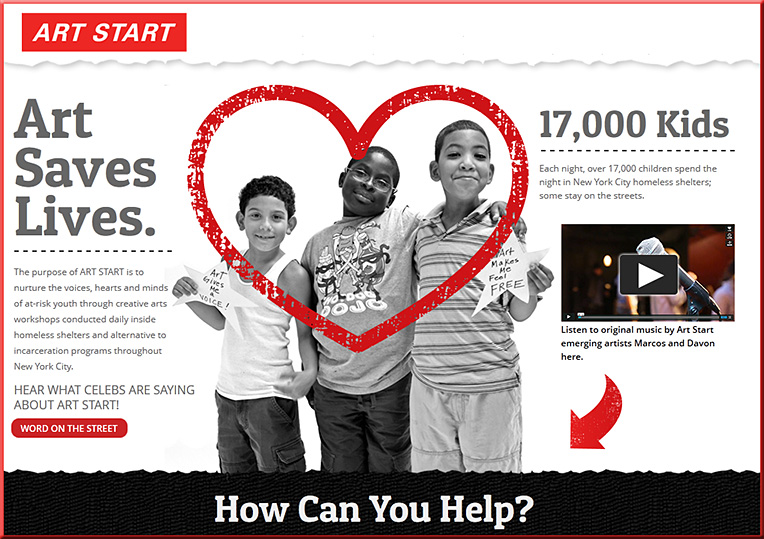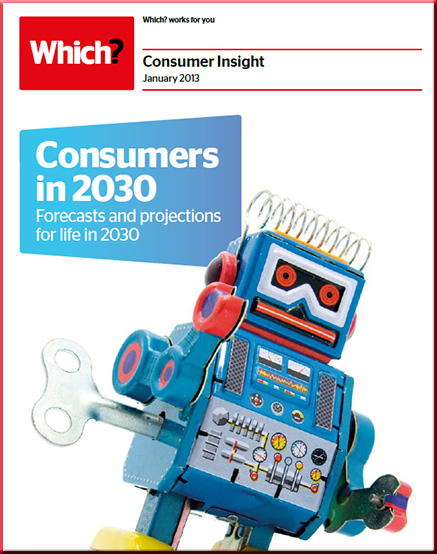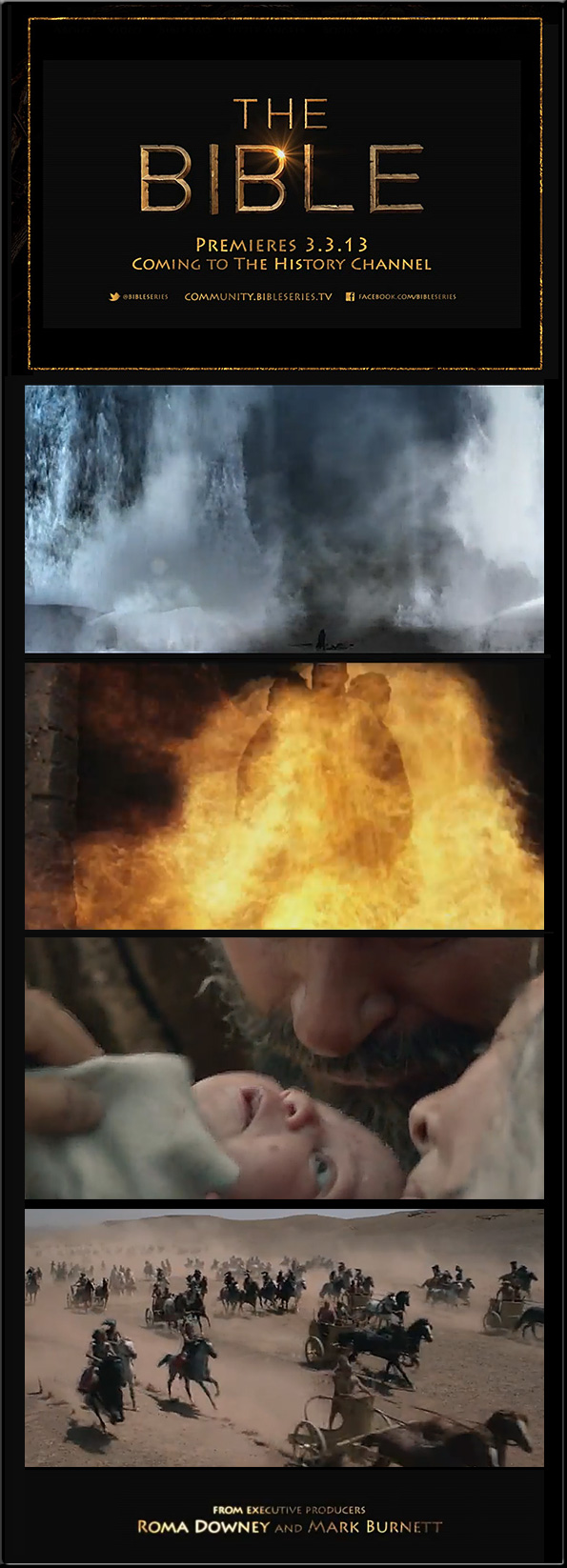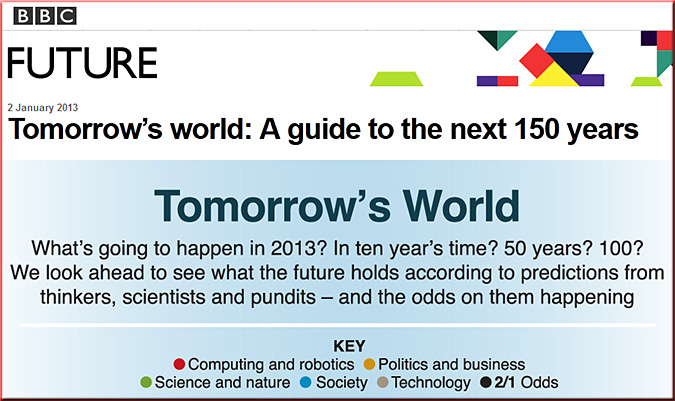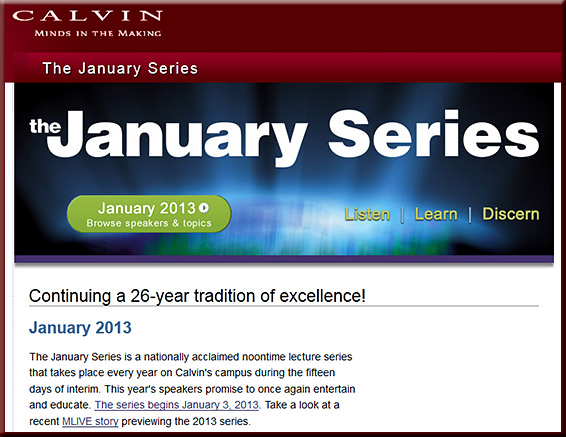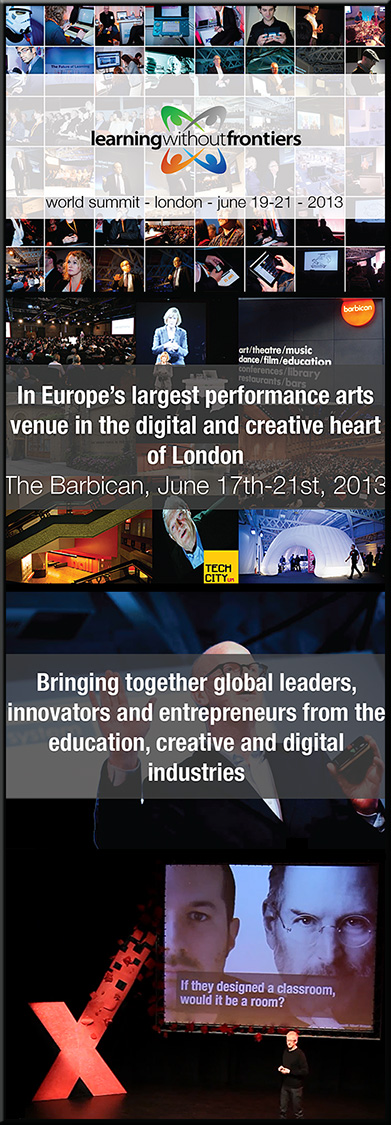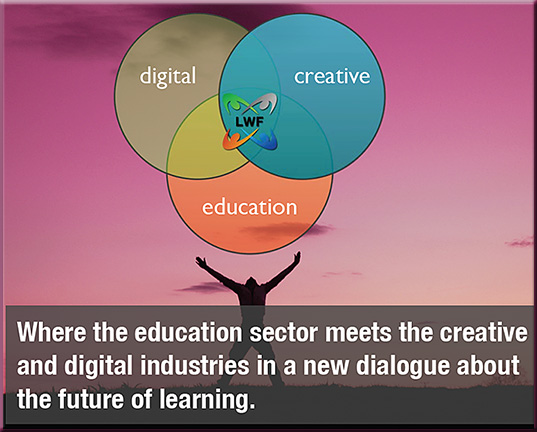The Lord Speaks
38 Then the Lord spoke to Job out of the storm. He said:
2 “Who is this that obscures my plans
with words without knowledge?
3 Brace yourself like a man;
I will question you,
and you shall answer me.
4 “Where were you when I laid the earth’s foundation?
Tell me, if you understand.
5 Who marked off its dimensions? Surely you know!
Who stretched a measuring line across it?
6 On what were its footings set,
or who laid its cornerstone—
7 while the morning stars sang together
and all the angels shouted for joy?
8 “Who shut up the sea behind doors
when it burst forth from the womb,
9 when I made the clouds its garment
and wrapped it in thick darkness,
10 when I fixed limits for it
and set its doors and bars in place,
11 when I said, ‘This far you may come and no farther;
here is where your proud waves halt’?
12 “Have you ever given orders to the morning,
or shown the dawn its place,
13 that it might take the earth by the edges
and shake the wicked out of it?
14 The earth takes shape like clay under a seal;
its features stand out like those of a garment.
15 The wicked are denied their light,
and their upraised arm is broken.
16 “Have you journeyed to the springs of the sea
or walked in the recesses of the deep?
17 Have the gates of death been shown to you?
Have you seen the gates of the deepest darkness?
18 Have you comprehended the vast expanses of the earth?
Tell me, if you know all this.
19 “What is the way to the abode of light?
And where does darkness reside?
20 Can you take them to their places?
Do you know the paths to their dwellings?
21 Surely you know, for you were already born!
You have lived so many years!
22 “Have you entered the storehouses of the snow
or seen the storehouses of the hail,
23 which I reserve for times of trouble,
for days of war and battle?
24 What is the way to the place where the lightning is dispersed,
or the place where the east winds are scattered over the earth?
25 Who cuts a channel for the torrents of rain,
and a path for the thunderstorm,
26 to water a land where no one lives,
an uninhabited desert,
27 to satisfy a desolate wasteland
and make it sprout with grass?
28 Does the rain have a father?
Who fathers the drops of dew?
29 From whose womb comes the ice?
Who gives birth to the frost from the heavens
30 when the waters become hard as stone,
when the surface of the deep is frozen?
31 “Can you bind the chains of the Pleiades?
Can you loosen Orion’s belt?
32 Can you bring forth the constellations in their seasons
or lead out the Bear with its cubs?
33 Do you know the laws of the heavens?
Can you set up God’s dominion over the earth?
34 “Can you raise your voice to the clouds
and cover yourself with a flood of water?
35 Do you send the lightning bolts on their way?
Do they report to you, ‘Here we are’?
36 Who gives the ibis wisdom
or gives the rooster understanding?
37 Who has the wisdom to count the clouds?
Who can tip over the water jars of the heavens
38 when the dust becomes hard
and the clods of earth stick together?
39 “Do you hunt the prey for the lioness
and satisfy the hunger of the lions
40 when they crouch in their dens
or lie in wait in a thicket?
41 Who provides food for the raven
when its young cry out to God
and wander about for lack of food?









